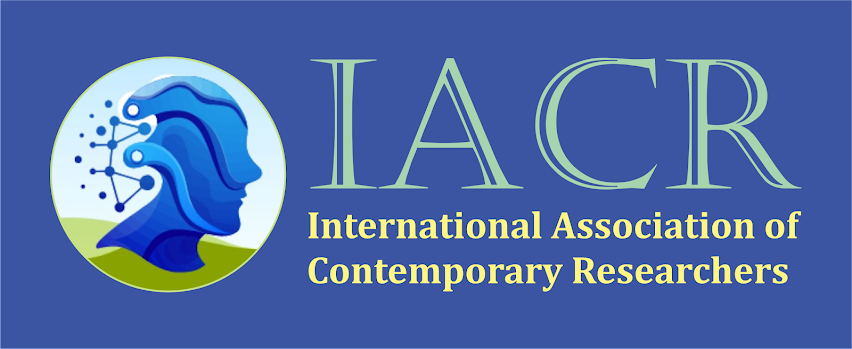- Beranda
- Uncategorized
Strategizing Academic Success: Building an International Portfolio in Your Academic Career
 |
| illustration/pexcels/Kampus production |
In today's increasingly globalized academic landscape,
cultivating an international portfolio is becoming essential for scholars
aiming to advance their careers, expand their research impact, and foster
cross-cultural collaborations. Developing an international portfolio involves
more than just publishing papers; it requires strategic planning, networking,
and a proactive approach to engaging with the global academic community. In
this article, we'll explore the key steps and strategies for academics to build
an international portfolio that enhances their professional development and
contributes to the advancement of knowledge on a global scale.
Embracing Globalization in Academia:
Recognizing the Importance of Internationalization
Academic institutions worldwide are placing greater emphasis
on internationalization, seeking to foster diversity, cross-cultural exchange,
and collaboration among scholars from different regions and backgrounds.
Embracing globalization in academia opens doors to new opportunities for
research, teaching, and professional development.
Benefits of an International Portfolio
Developing an international portfolio offers numerous
benefits for academics, including expanded research networks, access to diverse
perspectives and methodologies, increased visibility and recognition, and
opportunities for cross-disciplinary collaboration. Additionally, international
experience enhances cultural competence and fosters personal and professional
growth.
Strategies for Building an International Portfolio:
Establishing Collaborative Partnerships
Forge collaborative partnerships with researchers,
institutions, and organizations from around the world. Seek opportunities to
co-author papers, participate in joint research projects, and collaborate on
grant applications. Collaborative partnerships facilitate knowledge exchange,
enhance research quality, and increase the impact of your work.
Networking at International Conferences
Attend international conferences, symposiums, and workshops
in your field of study to connect with scholars from diverse backgrounds and
geographical locations. Take advantage of networking events, poster sessions,
and panel discussions to establish meaningful connections, exchange ideas, and
explore potential collaboration opportunities.
Publishing in International Journals
Publish your research findings in reputable international
journals with a global readership. Aim to target journals that are widely
recognized in your field and have a strong impact factor. Publishing in
international journals increases the visibility and reach of your work,
attracting attention from scholars worldwide.
Securing International Funding Opportunities
Explore funding opportunities available for international
research collaboration, mobility, and exchange programs. Apply for grants,
scholarships, and fellowships that support collaborative research projects,
conference attendance, and academic exchanges. Securing international funding
enhances your research capabilities and facilitates cross-border collaboration.
Overcoming Challenges:
Language and Communication Barriers
Overcome language and communication barriers by improving
your proficiency in English, the lingua franca of academia, or by collaborating
with translators or co-authors fluent in multiple languages. Clear
communication is essential for effective collaboration and knowledge exchange
in an international context.
Cultural Sensitivity and Adaptability
Cultivate cultural sensitivity and adaptability to navigate
diverse cultural norms, practices, and expectations. Respect cultural
differences, be open-minded, and approach collaborations with curiosity and
humility. Building strong cross-cultural relationships requires empathy,
flexibility, and a willingness to learn from others.
Conclusion:
Building an international portfolio is a strategic
imperative for academics seeking to thrive in today's globalized academic
landscape. By embracing globalization, establishing collaborative partnerships,
networking at international conferences, publishing in international journals,
and securing international funding opportunities, scholars can enhance their
professional development, expand their research impact, and contribute to the
advancement of knowledge on a global scale. Despite challenges such as language
barriers and cultural differences, with perseverance, cultural sensitivity, and
a proactive approach, academics can successfully build an international
portfolio that propels their academic careers to new heights.


Posting Komentar